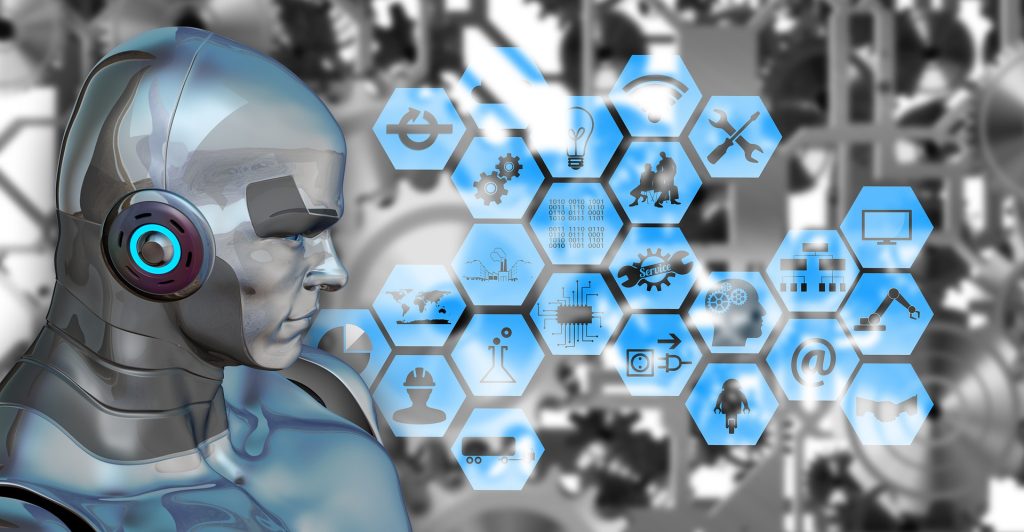In an era marked by technological advancements, the integration of artificial intelligence (AI) into various aspects of society is becoming increasingly prevalent. One significant area where AI has made its presence felt is in politics, raising a host of ethical challenges in the realm of democracy. This article delves into the ethical dilemmas posed by the growing use of AI in politics, exploring the impact on decision-making, voter manipulation, transparency, and bias.
AI’s Role in Decision-Making
AI systems are being employed to assist politicians and policymakers in making informed decisions. These systems can analyze vast amounts of data and provide insights that were previously unattainable. While this may enhance decision-making, it also raises concerns about accountability and transparency. When decisions are influenced by complex algorithms, it can be challenging to determine who is ultimately responsible for the outcomes.
Moreover, the use of AI in decision-making can inadvertently reinforce existing biases present in the data used to train these systems. If historical data contains biases, AI can perpetuate and amplify them, leading to discriminatory or unfair outcomes. It is imperative that safeguards be put in place to mitigate these risks and ensure that AI is used as a tool for unbiased decision support rather than a means to exacerbate existing inequalities.
Voter Manipulation and AI

Another significant concern in the intersection of AI and politics is the potential for voter manipulation. AI-driven algorithms can analyze vast amounts of data to target specific groups of voters with tailored messages, exploiting their vulnerabilities and biases. This raises questions about the ethical boundaries of political campaigning. Should the use of AI to manipulate voters’ opinions be considered a legitimate political strategy, or should there be stricter regulations in place to protect the integrity of the democratic process?
Additionally, the use of deepfake technology, powered by AI, has the potential to create convincing but entirely fabricated videos and audio recordings of politicians. Such manipulations could be used to spread false information, further eroding trust in the political system. The ethical dilemma here lies in striking a balance between freedom of speech and the need to protect the democratic process from deliberate deception.
Transparency and Accountability
Transparency is a cornerstone of democracy, ensuring that citizens can hold their elected officials accountable. AI can pose challenges to transparency, especially when decisions are made by opaque algorithms. When citizens cannot understand how decisions are reached, trust in the political process diminishes. This calls for a careful balance between using AI to enhance decision-making and maintaining transparency in the political sphere.
Furthermore, the use of AI in politics often involves outsourcing decisions to machines, which can create a lack of accountability. If an AI system makes a biased or unfair decision, who should be held responsible? This question highlights the need for clear lines of accountability and mechanisms for addressing errors or biases in AI-driven political processes.
Bias in AI and Political Implications

Bias in AI is a well-documented concern, and its presence in political applications can have far-reaching consequences. For example, AI algorithms used in criminal justice systems have been shown to exhibit racial bias, leading to unfair treatment of minority communities. In the political arena, bias in AI can affect everything from the distribution of government resources to the interpretation of public opinion.
Addressing bias in AI is a complex challenge that requires not only diverse and representative training data but also ongoing monitoring and adjustment of AI systems. The ethical imperative here is to ensure that AI is used to enhance, rather than undermine, the principles of democracy, including fairness and equal representation. In conclusion, the integration of AI into politics presents both opportunities and ethical challenges in democracy. It can improve decision-making, but it also raises concerns about transparency, accountability, voter manipulation, and bias. To navigate these challenges successfully, it is crucial for policymakers, technologists, and citizens to engage in a robust dialogue and establish ethical guidelines that prioritize the integrity of democratic processes. As AI continues to shape the political landscape, addressing these ethical dilemmas will be essential to preserve the foundations of democracy.

